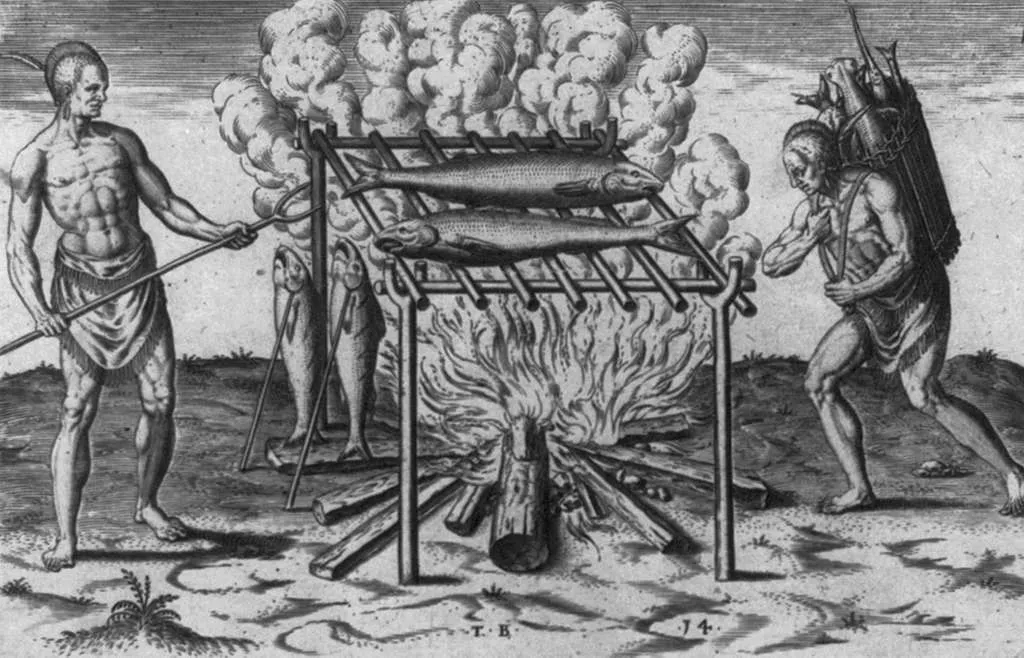Humans are social animals and we are not the only social animals that sit to eat. There are a lot of animals that sit to eat but with humans, we are able to cook. This is one thing that separates us from other animals and we do it everyday although we might be cooking different things.
Either we are having a ceremony or a feast compared to other animals that eat together which lions do in a pride, we are only specie that eat cooked food together. According to Richard Wrangham from Harvard University, Cooking is what allowed us to become humans in the most biological and evolutionary sense. He said that cooking can be given credits to for allowing us to transition from primitive apes to humans who are complex with growing brains as it allowed us to feed our growing brains properly.
Talking about brain, the success in our evolution innovation and culture is as a result of how advanced our brains are with neurons over 100 billion communicating with one another but as functional as the brain is, it consume 1/5 of the entire calories that we eat.
We have complex brain in relation to our body size compared to our primate cousins who have bigger body sizes with smaller brain neurons compared to humans. For instance, Gorillas spend 80% of their day life time eating, and scientists are saying that for them to have a brain like ours they will need to eat 700 calories more to their daily diet, the goes for chimpanzees who spend majority of their days eating and they eat their food raw but humans spend less than 5% of their day eating cooked food, and the brain is more effective and complex.
Gorillas are similar to our evolutionary ancestors who have strong and large jaws, huge teeth and powerful ridges for chewing plant matters but things began to change about 1.8 million years ago where body sizes and brain started to increase with Homo Erectus who began to sharpen tools, and eat large animals for their calorie needs and break bones for marrow. Although they ate meat, scientists believed that they still ate mainly plant and cooking wasn't really a big deal yet.
Cooking in plants allow them to break more of their nutrient, releasing them during consumption, also heat helps to denature the protein and breaks it down for easy digestion and absorption into the body, and it also inactivate plant toxins. This is also functional in egg and meat as they help us digest them better.
Cooking can be many things for humans and we grew into it as evolution came. This is completely different from language which is seen in diverse species across the planet. Cooking has played a pivotal role in human evolution, enabling us to develop complex brains and efficient dietary habits. Unlike other social animals, humans have mastered the art of cooking, which not only enhances the nutritional value of our food but also contributes to our social and cultural practices. This unique ability has allowed us to thrive and differentiate ourselves from our primate relatives, making cooking a cornerstone of our evolutionary history.
Reference
https://www.livescience.com/24875-meat-human-brain.html
https://www.amazon.com/Catching-Fire-Cooking-Made-Human/dp/0465020410/?tag=itsoktobesm-20
https://scienceblogs.com/gregladen/2013/11/24/catching-fire-the-other-one
https://www.livescience.com/15688-man-cooking-homo-erectus.html
http://www.epjournal.net/wp-content/uploads/EP08340342.pdf
https://www.thecrimson.com/article/2011/11/9/research-cooking-energy/
https://news.harvard.edu/gazette/story/2011/11/why-cooking-counts/


